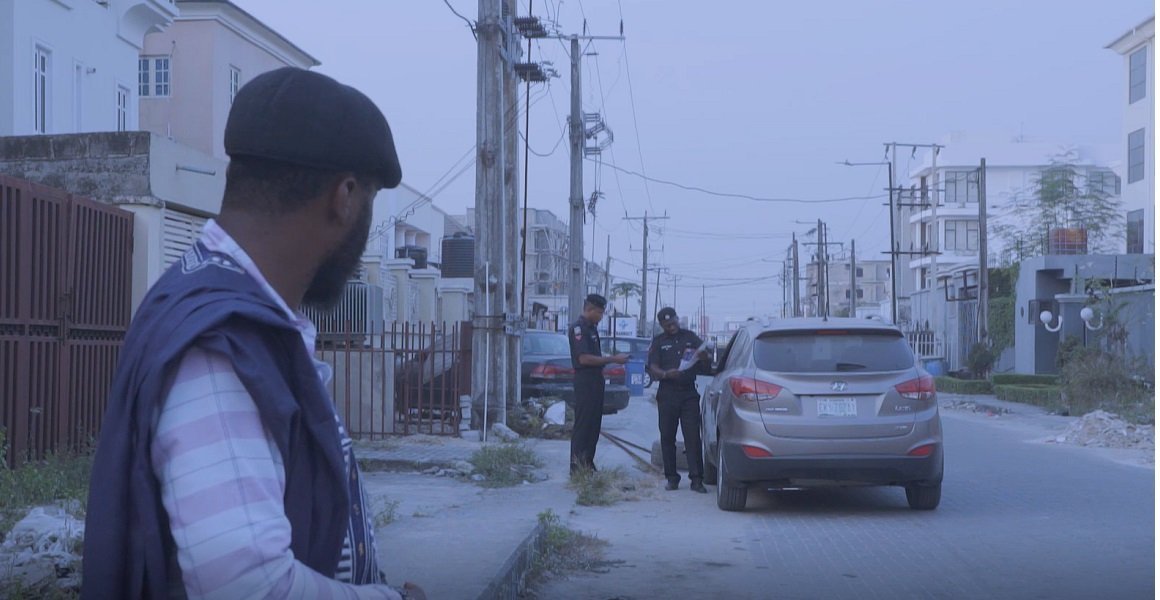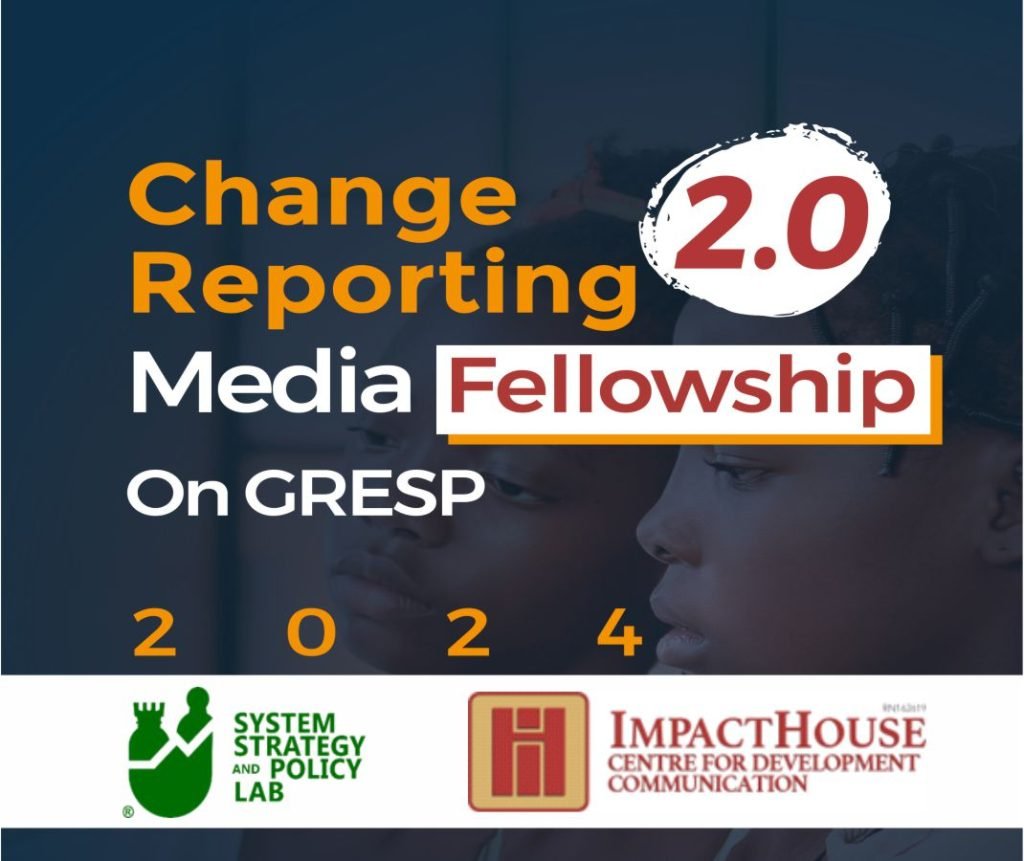In October 2020, young Nigerians staged the ENDSARs protests against police brutality, expressing public unhappiness with the NPF and its personnel’ egregious misbehaviour. The protests followed extrajudicial murders, extortion, profiling of young people, torture, and cruel and humiliating treatment of police detainees.
The Nigerian Police Force has had a negative reputation among the general public due to a history of hostility against the populace. Inadequate human resources (in terms of both quantity and quality), insufficient skills in relation to contemporary policing challenges, weak investigative and prosecutorial capacities, insufficient training, funding issues, inadequate and obsolete equipment and processes, and critically poor conditions of service are all examples of institutional weaknesses within the NPF. Both police morale and public confidence have taken a hit as a result of these problems.
In order to amplify reform efforts and the roadmap for implementing the Nigeria Police Act, 2020’s mandates, ImpactHouse CFDC in collaboration with the Police Reformation and Transformation Office (PORTO) produced a three-episode skit video to enlighten and sensitise Nigerian citizens of their rights and the police of their responsibilities in accordance with the Nigerian Police Act 2020 and engender a subtle process of ‘’Citizen Reform’’ in cadence with the ‘’Police Reform’’ which is necessary in building a social contract between citizens and the public.
Outcome
The skit videos helped Nigerians have a better understanding of the Police Reform Program and its results to date, and also helped keep the public informed of the continuing changes, of which many were unaware. In addition to educating the public and stakeholders, the project hopes to garner support for the Nigeria Police Force (NPF) during this difficult time in the country’s history and to educate the populace on how they can help usher in a new era of democratic policing that fits the needs of the twenty-first century by building a new social contract between the citizens and the government.






